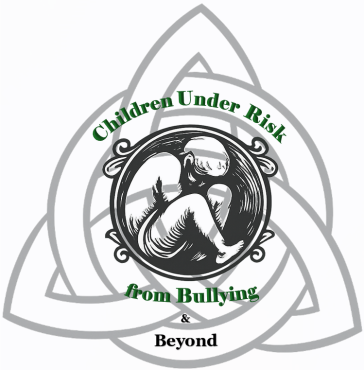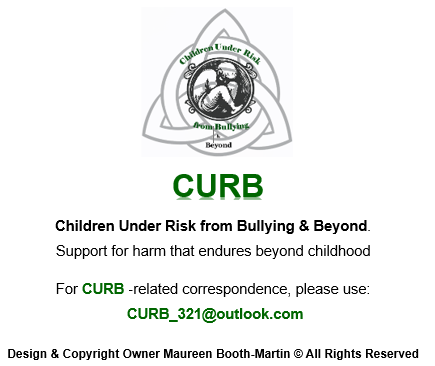Reactions

When bullying has taken place, your child needs to know they are not alone. Many children have faced similar harm — and isolation and fear are often the deepest wounds.
Whatever you may be feeling as a parent, it’s important to talk to your child. Let them know they are loved, understood, and safe. Tender loving care may be needed — during and after their experience.
Children may react in different ways
- Tearfulness or changes in personality
- Withdrawal or emotional shutdown
- Challenging or disruptive behaviour
These are normal reactions from a child who is hurting.
What Parents Can Do
- Avoid judging your child for changes in behaviour
- Keep talking — offer reassurance whenever possible
- Involve your child in every decision
- Keep them informed at each stage
- Let them express what they want to see happen
- Ask how they feel about decisions made on their behalf
It’s important to explain your chosen course of action — why you’ve taken it, and what you hope to achieve. This helps restore trust, protect emotional safety, and thread clarity into a confusing time.
Assessment of Your Child
When you suspect your child is being bullied, many emotions come into play.
It’s essential that your child knows you believe them — and that they have your full support.
Try to stay calm and gently gather information:
- What has been happening?
- Who is involved?
- How long has it been going on?
Avoid focusing on why the bullying may be happening — this can unintentionally make your child feel responsible.
If physical assault has occurred, you may need to decide whether reporting the incident to the police is your first priority.
Important: A child does not need to be visibly injured for an assault to have taken place.
The information you gather may assist the police — so again, try to remain calm and focused.




